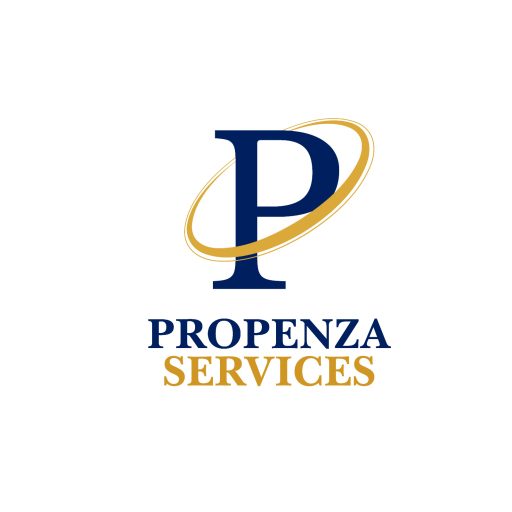Buying your first home is an exciting milestone, but it can also be a daunting process, especially in today’s competitive real estate market. To help you navigate this journey with confidence, we’ve compiled a list of essential tips for first-time homebuyers:
- Establish a Budget: Determine how much you can afford to spend on a home by assessing your finances and getting pre-approved for a mortgage.
- Define Your Needs and Wants: Make a list of must-have features and amenities for your new home, as well as preferences that you’re willing to compromise on.
- Research Neighborhoods: Explore different neighborhoods to find the right fit for your lifestyle, considering factors such as proximity to work, schools, amenities, and safety.
- Work with a Real Estate Agent: Partner with a reputable real estate agent who understands your needs and priorities, and can guide you through the buying process.
- Attend Open Houses and Viewings: Take the time to visit potential homes in person to get a feel for the layout, condition, and overall vibe of the property.
- Negotiate Wisely: Don’t be afraid to negotiate the price and terms of the sale, but be realistic and respectful in your offers.
- Conduct Due Diligence: Before making an offer, conduct inspections and research the property’s history, including any potential issues or concerns.
- Plan for Closing Costs: Be prepared for additional expenses such as closing costs, property taxes, and homeowners insurance.
By following these tips and staying informed, you can approach the homebuying process with confidence and make informed decisions that align with your goals and budget.
- Investing in Real Estate: Strategies for Success
Real estate investment offers numerous opportunities for wealth creation and portfolio diversification, but it requires careful planning and strategy. Whether you’re a seasoned investor or a novice looking to enter the market, here are some key strategies for success:
- Set Clear Goals: Define your investment objectives, whether it’s generating rental income, long-term appreciation, or a combination of both.
- Research Markets: Conduct thorough research to identify promising markets with strong growth potential, favorable demographics, and stable economies.
- Choose the Right Property Type: Consider various property types, such as residential, commercial, or multifamily, and choose one that aligns with your investment goals and risk tolerance.
- Evaluate Risk vs. Reward: Assess the potential risks and rewards of each investment opportunity, considering factors such as location, market conditions, and property condition.
- Diversify Your Portfolio: Spread your investments across different asset classes, markets, and properties to reduce risk and maximize returns.
- Understand Financing Options: Explore different financing options, such as traditional mortgages, private loans, or partnerships, and choose the one that best fits your financial situation and investment strategy.
- Monitor Market Trends: Stay informed about market trends, economic indicators, and regulatory changes that may impact your investment decisions.
- Manage Properties Wisely: Implement effective property management practices to maximize rental income, minimize vacancies, and maintain the value of your investment.
By following these strategies and staying disciplined, you can build a successful real estate investment portfolio that generates passive income and long-term wealth.
- The Rise of Sustainable Real Estate: Building a Greener Future
As the global focus on sustainability grows, the real estate industry is undergoing a transformation towards greener, more eco-friendly practices. From energy-efficient buildings to sustainable development projects, here are some key trends shaping the rise of sustainable real estate:
- Green Building Design: Developers are increasingly incorporating green building principles into their designs, using environmentally friendly materials, energy-efficient systems, and sustainable construction techniques.
- Renewable Energy Integration: Solar panels, wind turbines, and other renewable energy sources are being integrated into buildings to reduce reliance on fossil fuels and lower carbon emissions.
- Smart Building Technologies: IoT (Internet of Things) devices and smart building technologies are revolutionizing property management, allowing owners to monitor and optimize energy usage, water consumption, and indoor air quality in real-time.
- Green Certification Programs: Various green building certification programs, such as LEED (Leadership in Energy and Environmental Design) and BREEAM (Building Research Establishment Environmental Assessment Method), are gaining popularity as developers strive to meet sustainability standards and differentiate their properties in the market.
- Sustainable Communities: Developers are focusing on creating sustainable communities that prioritize walkability, access to public transportation, green spaces, and amenities that promote health and well-being.
- Rising Demand from Investors and Tenants: Investors and tenants are increasingly seeking out sustainable properties that offer environmental and financial benefits, driving demand for green buildings and sustainable development projects.
- Regulatory Support: Governments and regulatory bodies are implementing policies and incentives to promote sustainable real estate development, such as tax credits, grants, and energy efficiency standards.
By embracing sustainable practices and investing in green real estate, developers, investors, and communities can contribute to a more environmentally conscious and resilient future.

